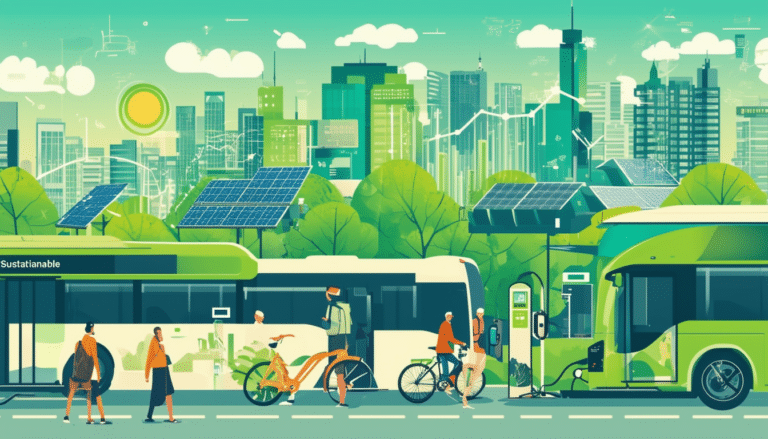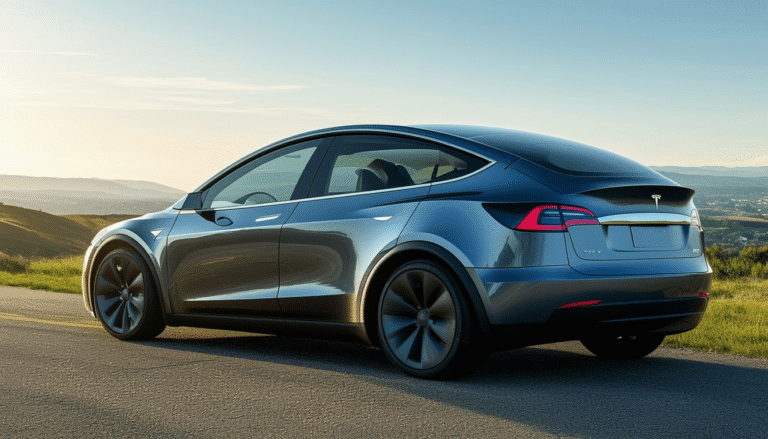The future of the European automobile: is the key in compact cars?
The landscape of the European automotive industry is constantly evolving, and the trend towards compact cars is emerging as a key element in its future. As environmental regulations tighten and the demand for sustainable transport solutions increases, car manufacturers are rethinking their production approach. The shift to smaller, more efficient vehicles not only responds to the pressure to reduce CO2 emissions but also aligns with changing consumer preferences, especially in urban areas where mobility becomes a daily challenge. This analysis delves into how compact cars could be the solution that Europe needs to face the new realities of the automotive sector.
The future of the European car: is the key in compact cars?
The landscape of the European car is undergoing a radical transformation as the continent moves towards a more sustainable and technologically advanced future. With the rise of electric mobility and the growing demand for more efficient vehicles, compact cars emerge as a key option to meet both consumer needs and environmental demands. This approach could be crucial in securing Europe’s role in the global automotive industry.
The transition to electric mobility
The European automotive industry faces significant challenges as the 2035 deadline to phase out gasoline and diesel vehicles approaches. This pressure has led manufacturers to bet on the production of electric cars, but it has also opened the debate on the need to transform their approach towards compact cars. These vehicles are not only easier to handle in urban environments, but they also tend to be more energy-efficient.
Benefits of compact cars
Compact cars offer multiple advantages that make them attractive to the modern consumer. Their small size facilitates mobility in congested cities, reduces the need for parking space, and, in many cases, favors lower acquisition and maintenance costs. These attributes are especially valued by European citizens, where a high percentage of the population expresses a willingness to forgo car use due to the lack of functionality of larger vehicles.
Challenges for European manufacturers
Despite the growing interest in compact cars, European manufacturers face several obstacles. The pressure to comply with emission standards set by the European Union is intense, and it is expected that by 2025, a considerable portion of car sales will come from electric or plug-in hybrid models. However, current projections suggest that these goals may not be met without a radical transformation in the production and marketing of smaller models.
Changes in consumer preferences
Trends in consumer behavior also influence the direction of the market. With a growing number of Europeans willing to adopt alternatives to car ownership, such as carsharing, compact cars are emerging as the most practical option. Being able to offer a vehicle that combines advanced technology, energy efficiency, and a design that appeals to young people can make a difference in an increasingly competitive market.
The influence of technology
As European car manufacturers adapt to new market demands, integrating smart technology into compact cars becomes an essential strategy. This includes everything from driver assistance systems to user interfaces that provide a connected experience. Consumers increasingly expect their vehicle to align with their mobile devices and digital lifestyle.
Conclusion
The direction taken by the European automotive industry seems increasingly interconnected with the evolution of compact cars. As there is a pursuit to comply with strict regulations and adapt to changing consumer expectations, the future of the car in Europe may largely depend on the manufacturers’ ability to pivot towards smaller, electric, and technologically advanced models. In this context, a path full of opportunities and challenges is foreseen that will define the next era of transport.
The future of the European car: is the key in compact cars?
The European automotive landscape is facing significant transformations due to the growing demand for sustainable solutions and the pressure to comply with environmental regulations. In this context, compact cars emerge as a viable and attractive option for the modern consumer. Their small size not only allows for better maneuverability in urban environments but also contributes to a lower carbon footprint.
European manufacturers are investing in technology and design to create models that are not only functional but also offer a pleasant driving experience. This trend towards the production of compact vehicles is aligned with the vision of a more rational and efficient mobility, where less is more. With the advancement of electrification, these cars are expected to be a fundamental pillar in the transition to a more sustainable automotive future in Europe.





